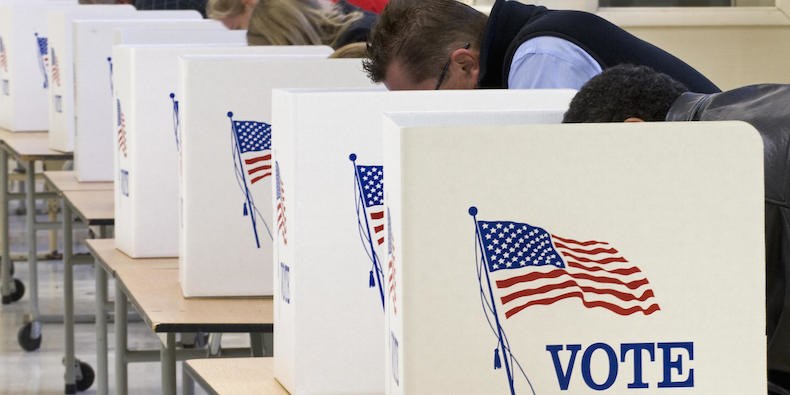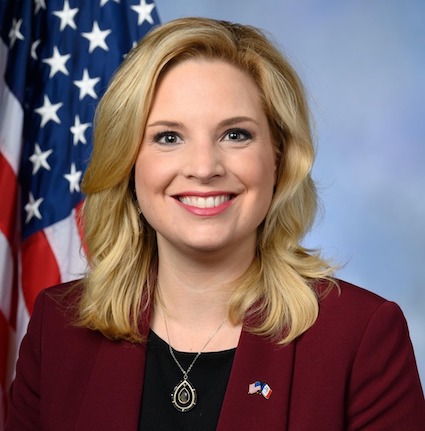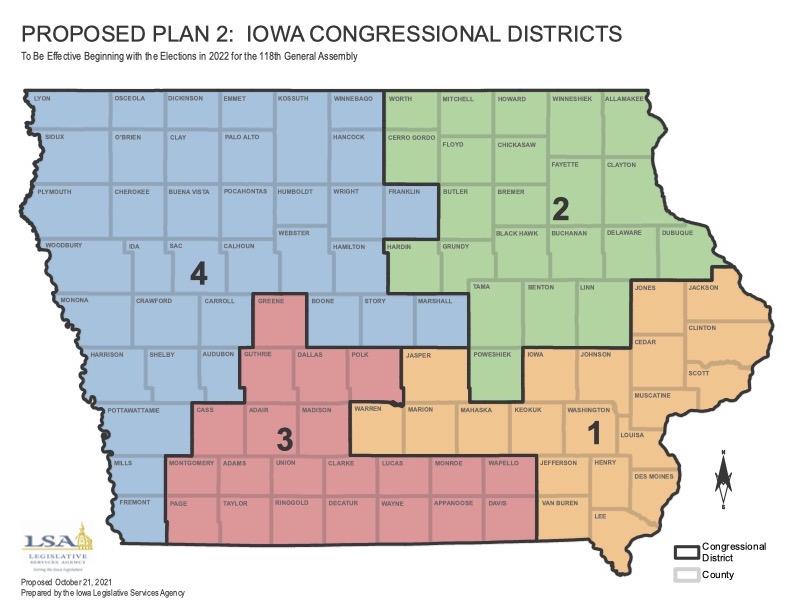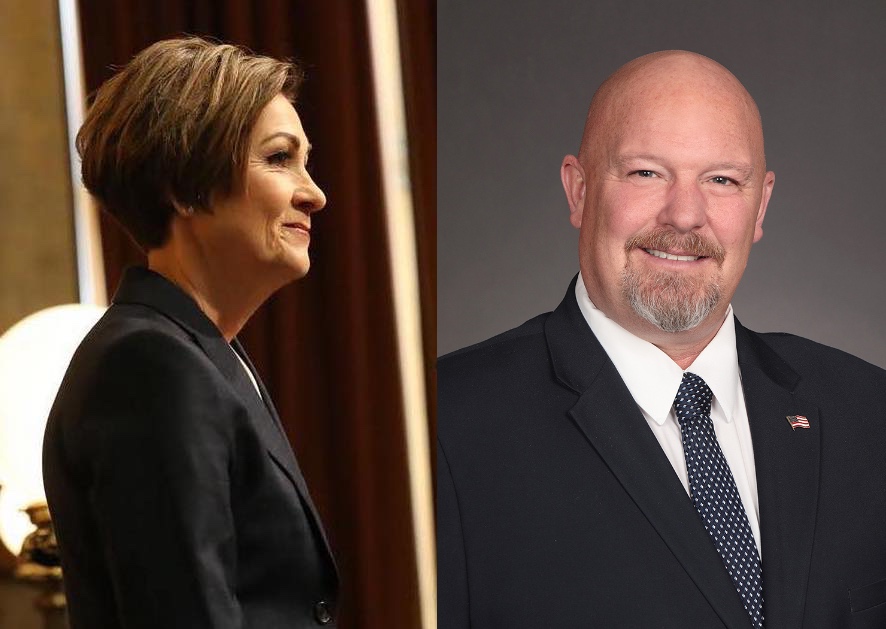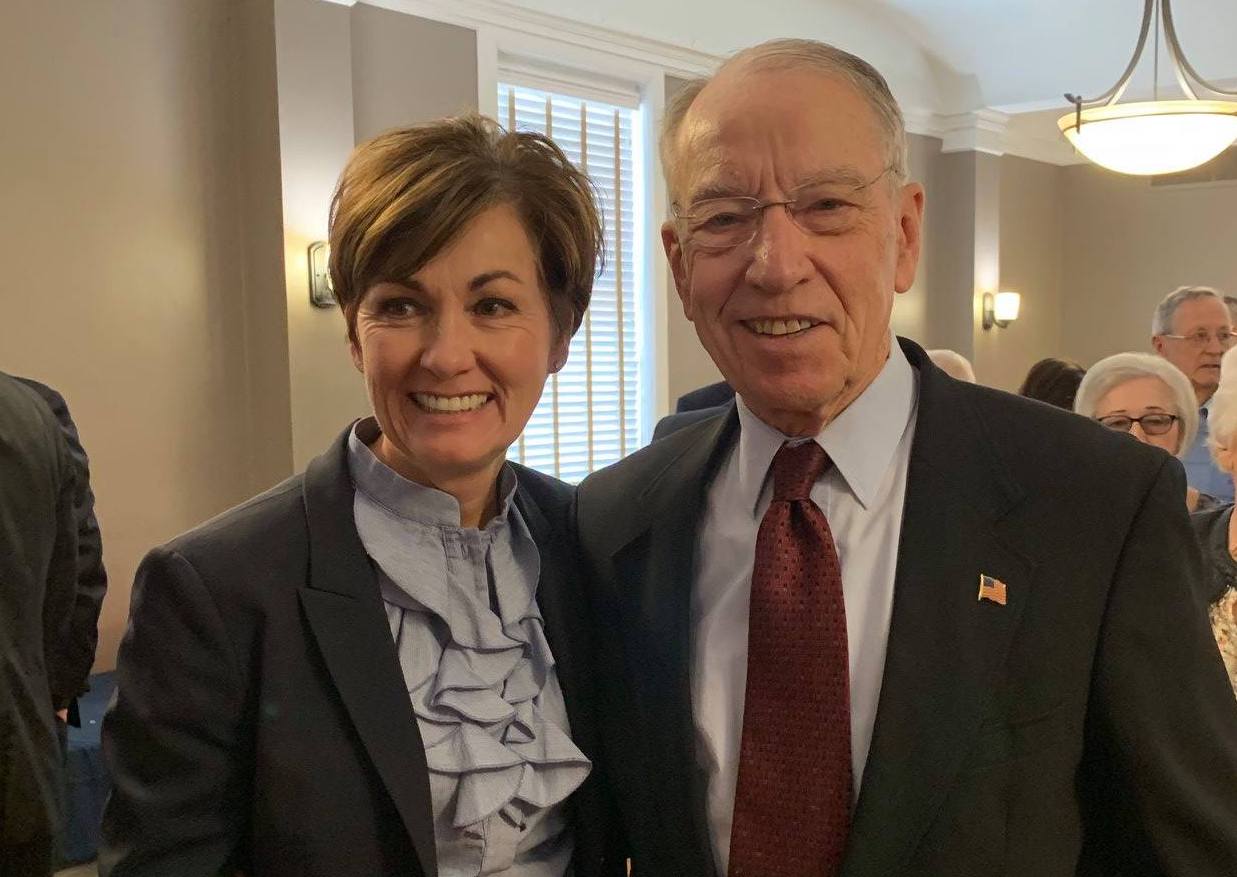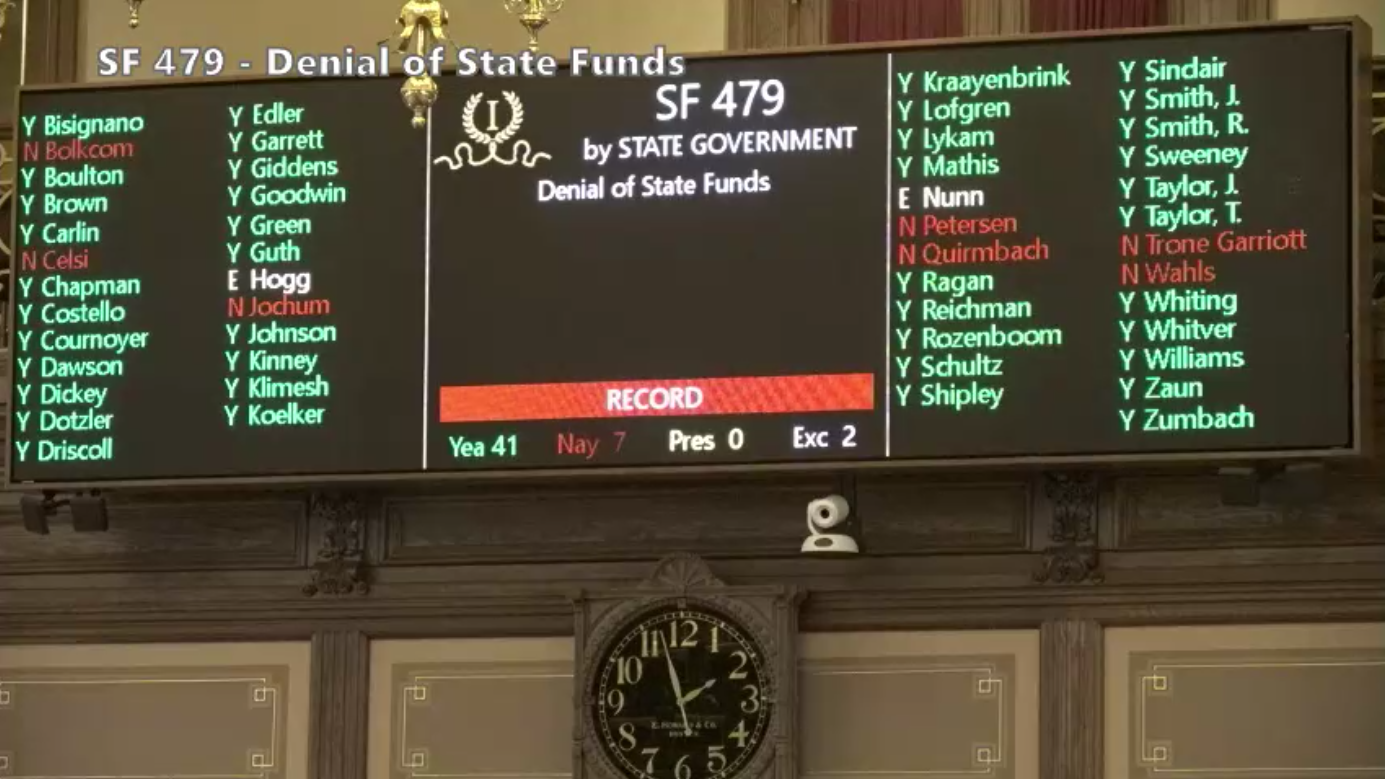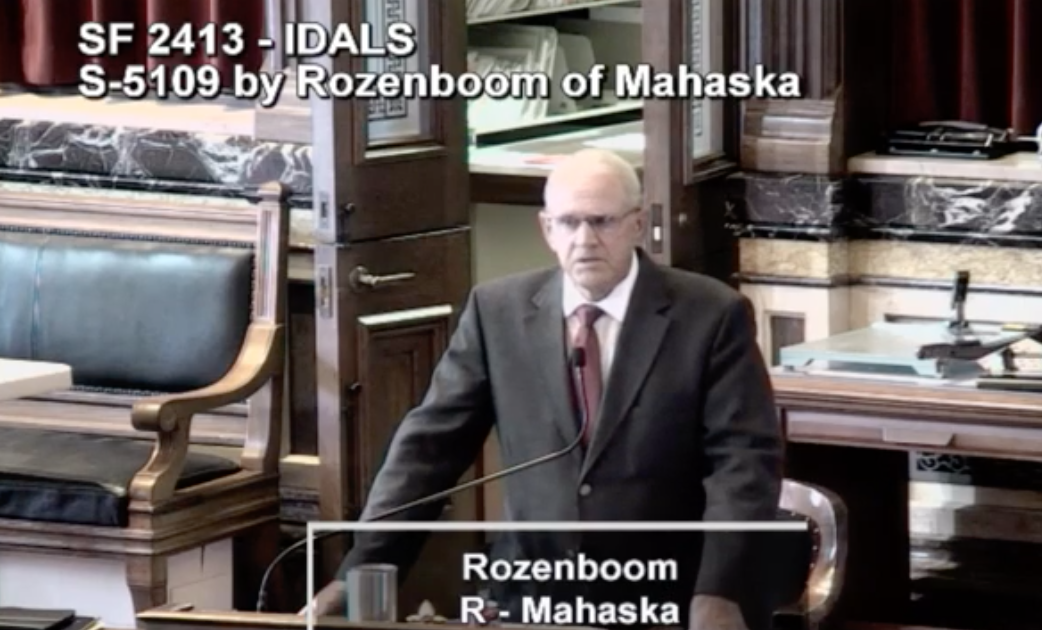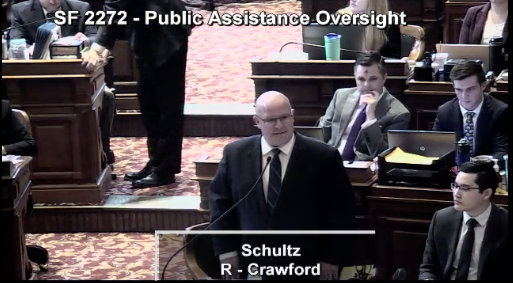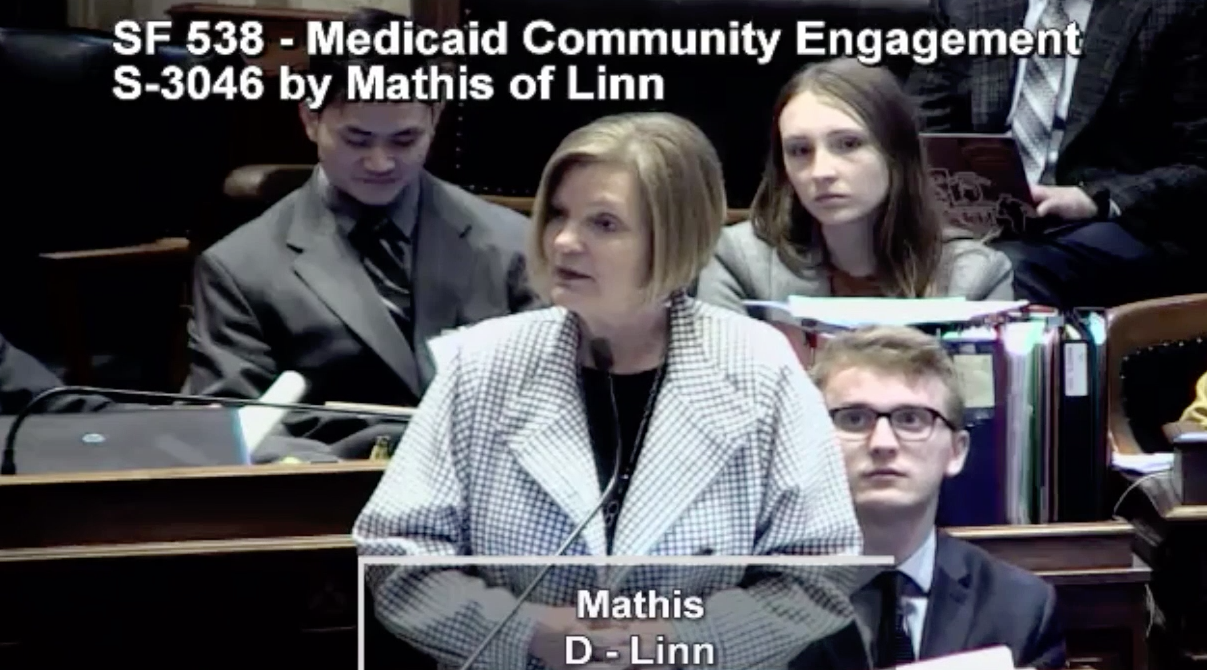Fourth in a series interpreting the results of Iowa’s 2022 state and federal elections.
Many people have asked why Iowa experienced the red wave that didn’t materialize across most of the country. While no one factor can account for the result, early signs point to turnout problems among groups that favor Democratic candidates.
Although this year’s turnout was the second-highest in absolute numbers for an Iowa midterm, participation was down about 8 percent compared to the 2018 general election. The number of Iowans who cast ballots this year (1,230,416) was closer to the 2014 level (1,142,311) than to the high-water mark of 1,334,279, reached four years ago.
My impression is that the decline in turnout was not evenly distributed, but was more pronounced among registered Democrats than among Republicans, who have long been more reliable midterm voters in Iowa.
That alone could account for the narrow defeats of U.S. Representative Cindy Axne (who lost to Zach Nunn in the third Congressional district by 2,145 votes, a margin of 50.3 percent to 49.6 percent), Attorney General Tom Miller (lost to Brenna Bird by 20,542 votes, 50.8 percent to 49.1 percent), and State Treasurer Michael Fitzgerald (lost to Roby Smith by 30,922 votes, or 51.3 percent to 48.7 percent).
Continue Reading...
